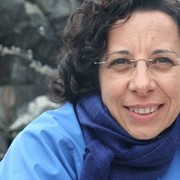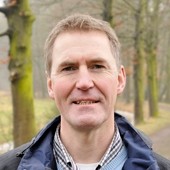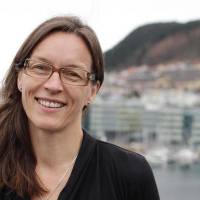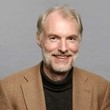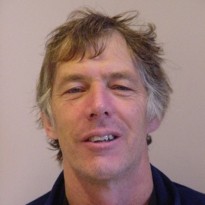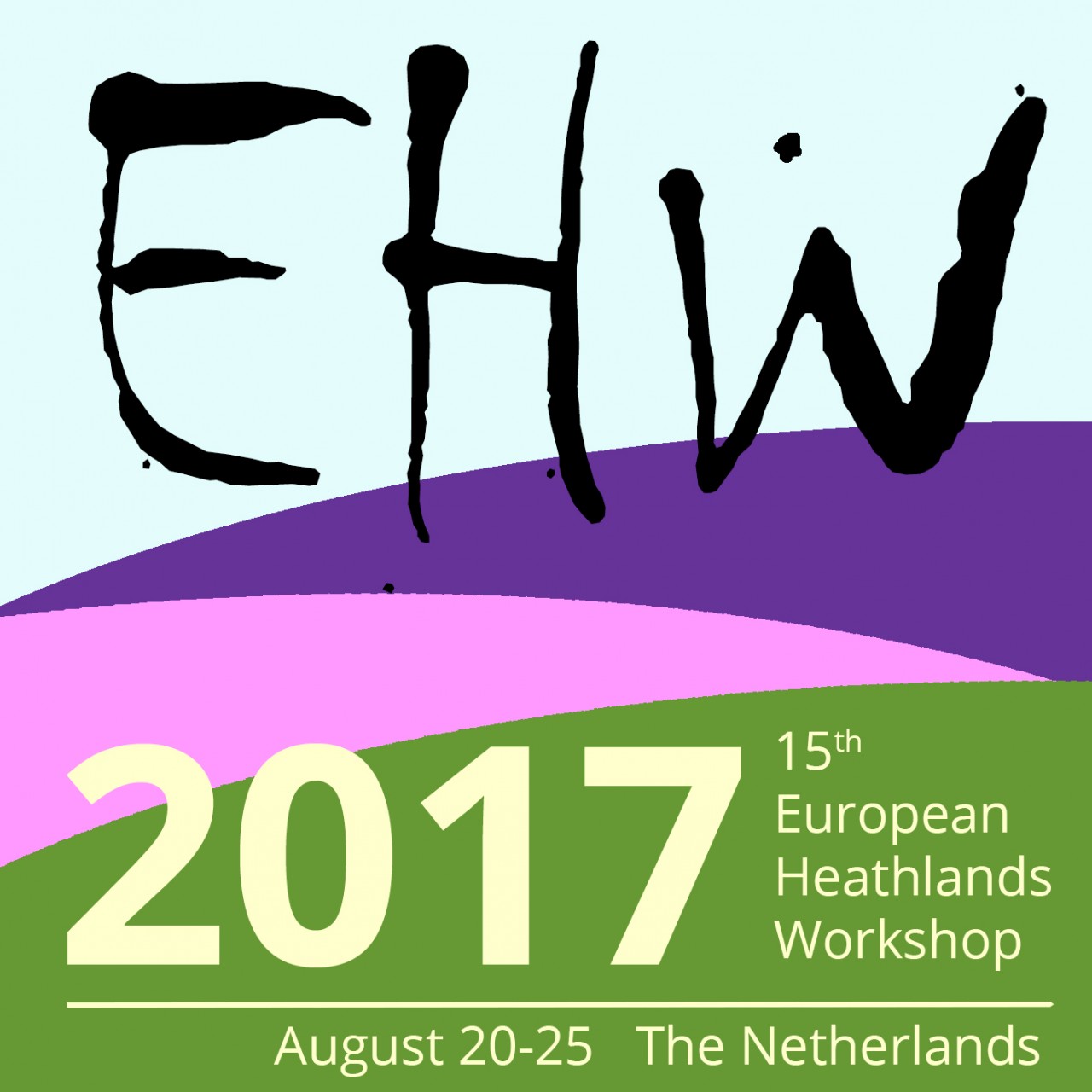Keynote speakers
Leonor Calvo
Dra. Leonor Calvo Galván is a Professor in Ecology, specialised in the study of plant communities of shrub and heathland landscapes, as well as forest ecosystems, in northern Spain. Through her position at the University of León and her collaborations with researchers across Europe, she has become a reference investigator and leading expert on the responses of heathland cultural landscapes to traditional management practices (e.g., fire, grazing) and current land use changes (including increased nitrogen deposition). She has extensive experience in studying the functioning of the heathland ecosystem and its recovery after perturbation. She is the PI of several research projects focused on structure and functioning of heathlands.
Theo Spek
Prof.dr.ir. Theo Spek (1963) is a full professor of Landscape History at the University of Groningen since 2010. He finished his masters and PhD at Wageningen Agricultural University (The Netherlands). After that he worked as a project and programme leader at the Dutch Soil Survey, Alterra, the National Heritage Agency and the Unviersity of Groningen. Since 2010 he is a full professor of Landscape History at the University of Groningen, where he founded the interdisciplinary and transdisciplinary Centre for Landscape Studies. In his research he combines methods and theories from the natural sciences, humanities and spatial sciences into an interdisciplinary and transdisciplinary approach of the past, present and future of cultural landscapes.
The Centre for Landscape Studies aims at scientific education (one year master course and two year research master course in landscape history), fundamental landscape research as well as the valorisation and transfer of knowledge towards citizens, practioners and governments.
Vigdis Vandvik
Vigdis Vandvik is Professor at the Ecological and Environmental Change Research Group at the University of Bergen, Norway. She is a community ecologist interested in how natural and human drivers affect populations, communities and ecosystems at different spatial and temporal scales. Her research falls into three broad categories:
- How do dispersal and niche processes interact to shape the patterns in diversity that we observe in nature?
- How does environmental change affect various aspects of plant regeneration, and how do these effects scale across levels of organization from physiology via populations to communities?
- What are the effects of human land-use regimes, past and present, on terrestrial ecosystems?
She studies these topics by a combination of field and laboratory experiments and field observations. Through her own research projects and collaborations in Norway, Europe, the US, Uganda, Nepal and China she has the opportunity to explore these questions in different regions, study systems, and by using different methods.
Werner Härdtle
Werner Härdtle is a full professor in Ecology, Landscape Ecology and Nature Conservation at the University of Lüneburg since 1997. He has a wide experience in vegetation and soil ecological research. Research priorities are heathland ecology and forest ecology, and previous research addressed the impacts of atmospheric nitrogen deposition and climate change on ecosystem functioning and biodiversity patterns. Moreover, he is interested in interaction processes of global change drivers, and how these interaction processes might affect the functioning of ecosystems such as heaths or forests. Recent research has also focused on relationships between biodiversity patterns and ecosystem processes, with a particular focus on nutrient cycles and balances. Werner Härdtle was PI of several heathland research projects which analysed the impacts of nitrogen deposition on biodiversity and ecosystem functioning, and the potential of management measures to mitigate effects of global change drivers on heathland ecosystems.
Ruurd (Rudy) van Diggelen
Rudy van Diggelen worked on the restoration of ecosystems since the start of his career at the University of Groningen (The Netherlands). His focus lies on wetlands as well as dry ecosystems. For almost 10 years he is now associate professor at the University of Antwerpen (Belgium). Within dry ecosystems his is interested in how to transform former intensively used agricultural areas into nature areas e.g. heathlands. Furthermore he does research on the effects of management measures on the soil (fauna). One of his recent publications looks at the effects of top soil removals on soil fauna and soil characteristics.
